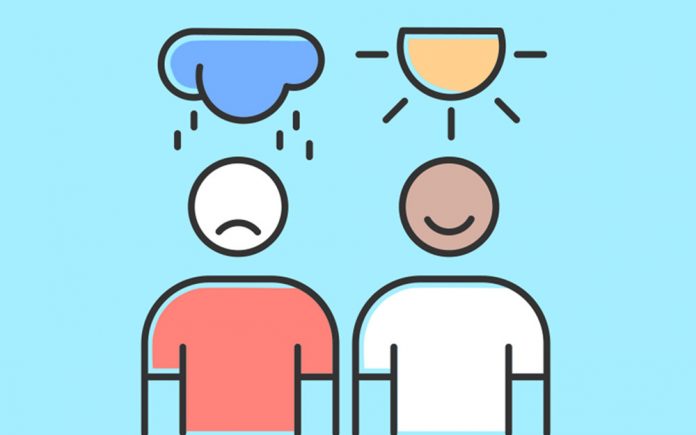
Seasonal Affective Disorder Effects Over 3 million People in the U.S.
By Fire Chief Sam DiGiovanna
Feeling an onset of sadness? Seasonal Affective Disorder (SAD) is a type of mood disorder associated with seasonal changes. Commonly seen as depression arising during the winter months. It happens due to a disturbance in the circadian system of the body.
Causes
SAD is said to occur due to changes in the body’s internal clock, and changes in brain and body’s chemicals.
Symptoms
Feeling depressed on most days, feelings of hopelessness and worthlessness, reduced energy, concentration, and interest in activities especially during winters are the commonly noted symptoms.
Diagnosis
Diagnosis is based on detailed medical history and thorough psychiatric evaluation. Doctor may also suggest some tests to rule out other medical conditions.
Facts
Treatable & diagnosed by a medical professional
Often requires lab test or imaging
Can last several months or years
Common for ages 18-35
Family history may increase likelihood
Most cases of SAD begin during late fall or early winter and go away during spring or summer
Sadness
Reduced energy
Loss of concentration and interest in activities
Feelings of worthlessness or hopelessness
Trouble sleeping/oversleeping
Nausea, loss of appetite/craving for fatty or carbohydrate rich foods
Weight loss/weight gain
Suicidal thoughts
Causes
The exact cause for SAD is not known but some of the factors that are said to influence the condition include: Changes in the body’s internal clock due to seasonal changes. Reduced levels of the brain chemical serotonin. An imbalance in the chemical melatonin that influences sleep and mood patterns. Vitamin D insufficiency.
Your doctor may also suggest some tests to rule out other medical conditions such as;
Blood test
May be recommended to determine the blood cell counts, check for infections, or other medical conditions such as thyroid problems.
Psychological examination
Mental health professionals use question-answer type tools for evaluating and assessing the patient’s disorder.
Treatments
Light therapy, medications, and psychotherapy are the treatments available for SAD. It is important to let the doctor know of your other medical conditions, including bipolar disorder, to avoid any side effects from any of the medications or therapies.
Complications, if untreated may include:
Social withdrawal
Drug or substance abuse
Prevention
Follow a healthy, nutritious diet
Monitor your mood and energy levels
Take adequate rest
Learn to manage stress
Avoid alcohol
Try and connect with people to avoid loneliness
Take a trip to cooler or warm locations depending on the type of SAD you have
Questions To Ask Your Doctor
Do I have to make any changes to my diet or lifestyle?
How do I manage my symptoms?
Can I have a family with this condition?
What are the likely chances that this will be passed on to my children?
Foods to eat:
Vitamin D rich foods: e.g. fatty fish such as salmon, tuna, sardines, rainbow trout, fish oil, fortified milk, egg yolk
Foods rich in omega 3 fatty acids: e.g. oily, fatty fish such as mackerel, herring, salmon, sardines, anchovies, flaxseed, hemp, canola, and walnut oils
Berries: e.g. blueberries, raspberries, strawberries
Foods rich in folic acid: e.g. leafy greens, oatmeal, sunflower seeds, oranges, fortified cereals, lentils, black-eyed peas, and soybeans
Foods to avoid:
Sugary foods
For informational purposes only. Consult your medical professional or a licensed qualified therapist, psychologist or psychiatrist for advice.
Source: Focus Medica – https://lnkd.in/gJSicXUV
*Note: The information in this article was compiled from various sources. These suggestions are not a complete list of every preventative or loss control measure. This information is not intended to replace additional safety manuals or the advice of another qualified professional(s). We make no guarantee of results from the use of this information. We assume no liability in connection with the information nor the suggestions made.










































